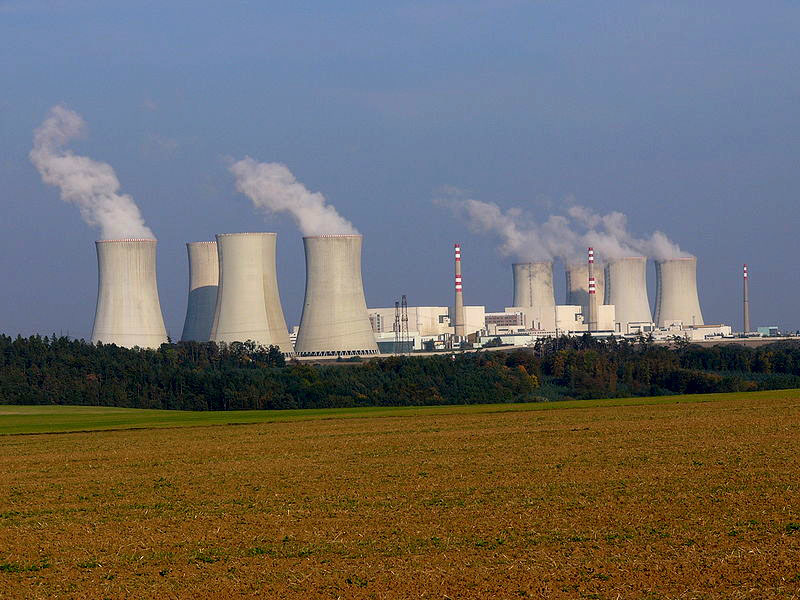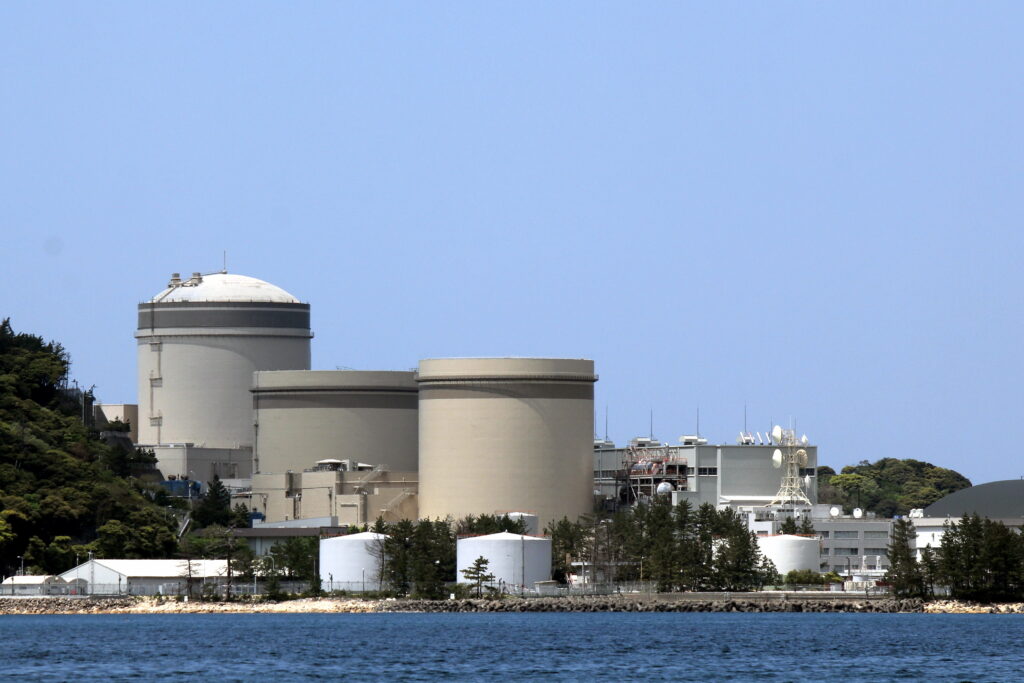Four scientists at the forefront of global warming activism published an open letter this week encouraging their fellow warmists to embrace safe nuclear power as a means of reducing carbon dioxide emissions. If environmental activist groups honestly believe humans are causing a global warming crisis, they will eagerly join in support.
The four scientists are pretty close to embodying a Mt. Rushmore of global warming activists. They are James Hansen at the Columbia University Earth Institute, Tom Wigley at the National Center for Atmospheric Research, Kerry Emanuel at the Massachusetts Institute of Technology and Ken Caldeira at the Carnegie Institution.
“Continued opposition to nuclear power threatens humanity’s ability to avoid dangerous climate change,” the scientists wrote.
“We call on your organization to support the development and deployment of safer nuclear power systems as a practical means of addressing the climate change problem. Global demand for energy is growing rapidly and must continue to grow to provide the needs of developing economies. At the same time, the need to sharply reduce greenhouse gas emissions is becoming ever clearer.”
To be sure, widespread nuclear power would come at a substantial price. Nuclear power is about 50 percent more expensive to produce than conventional power. Granted, much of that cost disadvantage is due to excessive government regulation that is unique to nuclear power, but there is no reason to expect government will ease such regulation anytime soon.
In return for that price, people get the ease of mind knowing they are utilizing carbon-free power. The science is pretty strong that humans are not creating a global warming crisis, but the extra insurance policy may still hold some value. Also, nuclear power eliminates all types of air pollution, which brings additional benefits.
Nuclear power also carries many advantages over wind power and solar power – which to this point have been global warming activists’ preferred power sources.
First, let’s take a look at nuclear power’s environmental advantages. Unlike wind power, nuclear power will not kill millions of birds and bats each year, including endangered and protected species. Unlike solar thermal power, nuclear power will not use up much of the very limited water supplies in deserts and arid regions that are best suited for solar power production. Unlike both wind and solar power, nuclear power does not require the development of vast swaths of some of our nation’s most pristine lands. And also unlike wind and solar power, nuclear power plants can be built almost anywhere, eliminating the need to build long transmission lines through previously undisturbed lands.
Next, let’s take a look at the nuclear power’s economic advantages. Nuclear power is substantially less expensive than wind and solar, and will remain that way for the foreseeable future. Also, unlike variable wind and solar power, nuclear power is available on demand, which increases efficiency and eliminates wind and solar power’s need for redundant backup baseload power.
When you compare the economic and environmental costs of wind and solar power to nuclear power, it is hard to understand why global warming activists have historically opposed it. It makes one wonder whether they really believe in their asserted global warming crisis. If global warming is really the gravest threat humanity has ever faced, why do the same people who sound a worrisome alarm categorically reject the most affordable, effective and readily available means of eliminating carbon dioxide emissions?
People like me who are skeptical of the asserted global warming crisis, but nevertheless are very concerned about government energy restrictions punishing our living standards are still going to have our concerns about nuclear power. Widespread use will function as a substantial tax on the American economy in comparison to affordable coal and natural gas power. But that tax will not impose nearly as much economic punishment and energy supply disruption as prohibitively expensive and unreliable wind and solar power.
The four scientists calling for warmists to embrace nuclear power is a conversation starter, and an opportunity to perhaps find some common ground in what has otherwise become an increasingly divisive and polarizing global warming discussion. At the very least, nuclear power is an economically and environmentally preferable option to widespread wind and solar power. It will be very interesting to see how other warmists, and particularly the large environmental activist groups, respond to the embrace of nuclear power by some of the most prominent scientists leading their cause.
[Originally published on Forbes]





